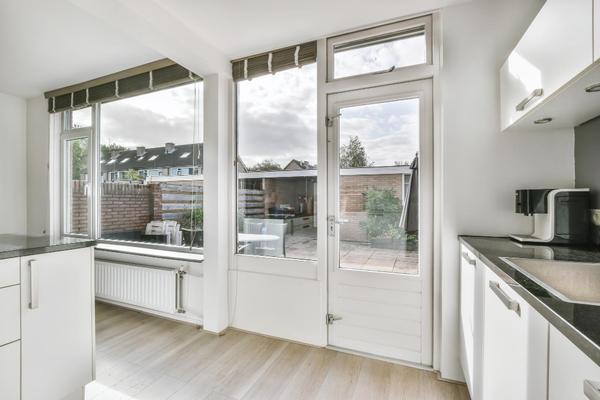
Gypsum Tiles Trader in Ghaziabad. Gypsum tiles, a...

Gypsum Tiles Trader in Ghaziabad. Gypsum tiles, also known as gypsum ceiling tiles or acoustic ceiling tiles, are a type of construction material used for ceiling applications. Here are some key points related to gypsum tiles: Material and Composition: Gypsum tiles are typically made from a combination of gypsum (calcium sulfate dihydrate), paper fibers, and additives. The gypsum core provides rigidity, while the paper facing on the front and back surfaces enhances strength and durability. Acoustic Properties: Gypsum tiles are often used for their acoustic properties, as they can help reduce noise levels in interior spaces. The porous nature of the gypsum material helps absorb sound waves, making them suitable for environments where sound control is important, such as offices, classrooms, theaters, and commercial buildings. Aesthetic Options: Gypsum tiles are available in various sizes, shapes, textures, and finishes, offering a range of aesthetic options to suit different design preferences. Common tile sizes include 2'x2' (61cm x 61cm) and 2'x4' (61cm x 122cm), although other sizes are also available. They can be plain, textured, or perforated to provide different visual effects and enhance acoustic performance. Installation: Gypsum tiles are typically installed using a suspension system, where a metal grid framework is suspended from the ceiling, and the tiles are placed within the grid. The grid system allows for easy installation, maintenance, and access to utilities hidden above the ceiling, such as electrical wiring or plumbing. Fire Resistance: Gypsum is inherently fire-resistant, and gypsum tiles contribute to the fire safety of buildings. They have a high fire resistance rating, which means they can withstand fire for a certain period before losing their structural integrity. This property can help delay the spread of fire and provide additional time for evacuation and firefighting efforts. Moisture Resistance: While gypsum tiles are generally not intended for use in wet or humid areas, there are moisture-resistant options available. These tiles are treated with additives or have special coatings to enhance their resistance to moisture and prevent sagging or damage in areas with higher humidity levels. Maintenance: Gypsum tiles are relatively low maintenance. Regular cleaning to remove dust and dirt buildup can be done using a soft brush or vacuum cleaner. Stains or marks on the tiles can be gently wiped with a damp cloth or sponge, but care should be taken to avoid excessive moisture that could damage the tiles. Environmental Considerations: Gypsum tiles are considered environmentally friendly as gypsum is a naturally occurring mineral. They can also be recycled and reused, reducing waste in construction projects. When considering the use of gypsum tiles, it is important to consult with professionals or contractors experienced in ceiling installations to ensure proper installation, acoustical performance, and compliance with local building codes and regulations. #gypsumtiles #gypsumtilesmanufacturer #Mittalhardware
Keywords
Subscribe for latest offers & updates
We hate spam too.


